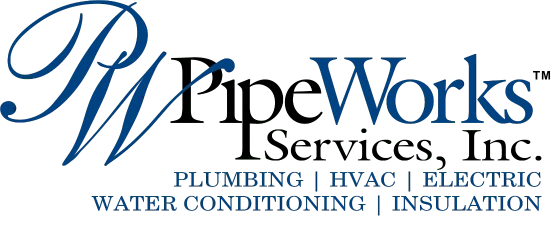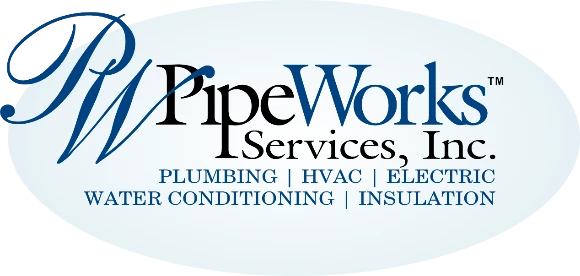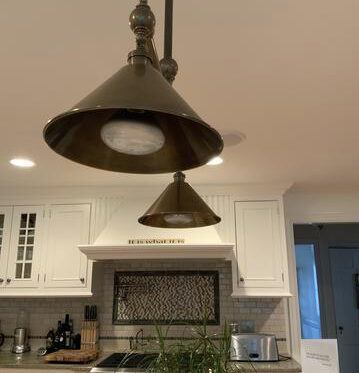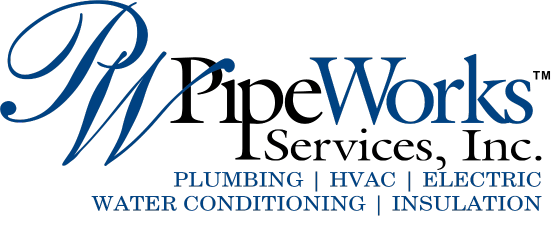If you’ve been searching for ways to reduce your utility bills, a home energy audit is the best place to start. Having a home energy audit performed will show you exactly how energy efficient your home is and help you to identify issues that contribute to energy waste. The auditor will also provide a list of recommendations on how to make your home more energy efficient and lower your gas and electricity bills. Almost all homes have various issues that contribute to decreased energy efficiency, and studies show that a home energy audit could help you save anywhere from 5 to 30% on your yearly energy bills. Here is a full overview of what a home energy audit involves so you can better understand the different ways it could save you money and make your home more energy efficient.
Evaluating the Home and Measuring Energy Consumption
The first part of a home energy audit is a walkthrough and basic evaluation of the home and its average energy consumption. The technician will look inside and outside of the home to determine what factors are contributing to energy usage and also to identify any problem areas. As part of this walkthrough, they will count the number of exterior doors and windows the home has and also measure their size. The number, size and type of windows and doors are all important factors that directly affect the home’s energy efficiency.
Having lots of high-quality, well-insulated windows makes the home a bit more energy efficient in the winter as they will allow lots of sunlight and thus heat inside. This helps to keep the home warmer and contributes to lower heating costs. The opposite is true if you have poorly insulated single-pane windows since they will allow lots of cold air to penetrate inside during the winter. In this case, replacing all of them with insulated double-pane or triple-pane windows can save you lots of money on your winter heating costs.
While windows can improve energy efficiency in winter, they can also make the home less energy efficient during the summer. The heat gain the home receives from the windows in the summer will make it much hotter and lead to much higher cooling costs.
During this walkthrough, the auditor will also check all of your appliances and lighting to determine energy efficiency and find ways you can lower your energy usage. Even simple tasks like replacing all of your light bulbs with LED bulbs can make a major difference. Similarly, you may want to think about replacing old, outdated appliances like your water heater, refrigerator, washing machine and clothes dryer with modern, energy-efficient units.
Analyzing the HVAC System
One essential part of the audit is to analyze the HVAC system. The technician will start by checking the energy-efficiency rating of your furnace, AC and any other HVAC units, and they’ll also test that the heating and air conditioning works effectively and doesn’t have any issues that could lead to decreased energy efficiency.
Especially important is inspecting the ductwork to make sure it is properly sized and not damaged or leaking air. Undersized or oversized air ducts negatively impact energy efficiency as they will make the HVAC heat and cool far less effectively. Duct leaks are also a huge issue in terms of energy waste. In many homes, nearly 30% of the energy used by the HVAC system is wasted as a direct result of air duct leaks.
Checking the Level of Insulation
An energy audit also measures the insulation levels in all parts of the home. This includes all interior and exterior walls as well as the attic and basement or crawl space. In many cases, the auditor will use a thermal imaging camera to inspect the entire exterior structure to check for temperature differences. Specifically, they’ll look for hot or cold spots that indicate when an area isn’t sufficiently insulated.
If the crawl space isn’t sufficiently sealed, having it fully encapsulated and insulated will help the home stay warmer in the winter so your heating costs are lower. Insulating the attic will also help with heating costs by preventing as much heat from escaping through your ceilings. This is also important for preventing ice dams that could damage the roof or cause it to leak.
Testing for Airtightness
Another essential part of the home energy audit is performing an airtightness test or so-called “blower door test.” This test is designed to determine how well sealed the home’s exterior envelope is and to find any gaps or air leaks in the structure. A blower test is performed by opening the front door and then mounting the blower door fan directly into the door frame so completely airtight. When the fan is turned on, it pulls air from the building and blows it outside. This causes the air pressure inside the home to decrease and creates a pressure imbalance. This imbalance causes the higher-pressure air from outside to come flowing in through any leaks in the exterior structure.
Once the fan is running, the technician will then check the whole house to find any leaks. This is usually done using a special non-toxic smoke pencil or even a candle to identify the places where air is flowing in from outside. If there are any leaks, having them sealed will make the home much more energy efficient. In some situations, air sealing can be done at the same time as the blower test. This can be helpful as it makes it easier to ensure that all of the leaks are completely sealed. If there are lots of leaks and the home needs more work to seal it up completely, it will often be necessary to have a second blower test performed after the air sealing has been completed.
Air sealing will keep cold air from seeping inside in the winter and keep the heat and humidity out during the summer so your HVAC system doesn’t have to do as much. Window and door frames tend to be the most prone to leaking so you may need to have the frames resealed inside and out or replace the weatherstripping to ensure they don’t leak.
Energy Efficiency Recommendations
After performing the audit, the auditor will then provide you with a complete list of recommendations and all of the different steps you can take to make your home more energy efficient. The most common improvements you may want to make include air sealing, insulating and replacing your windows and doors as these will usually have the biggest effect on your home’s energy efficiency. Replacing your old AC and furnace is also an excellent way to make your home more efficient and greatly reduce your yearly cooling and heating bills. Exactly what steps you may want to take will depend largely on the age, size and condition of your home, and a home energy audit is really the only effective way to know what options you have and what you should do.
Pipe Works Services provides professional home energy audits for customers in Chatham and throughout Northern and Central New Jersey, and we can also perform an energy audit for your commercial building. After performing the audit, we will provide you with a full quote on all recommended upgrades. We will also tell you which upgrades will provide the best returns so you know which services you want to prioritize first. We are a full one-stop-shop and can do all of the insulating, air sealing and other upgrades ourselves so you won’t need to hire multiple contractors. Contact us today for more information on the benefits of a home energy audit or if you need any HVAC, plumbing or electrical service.





